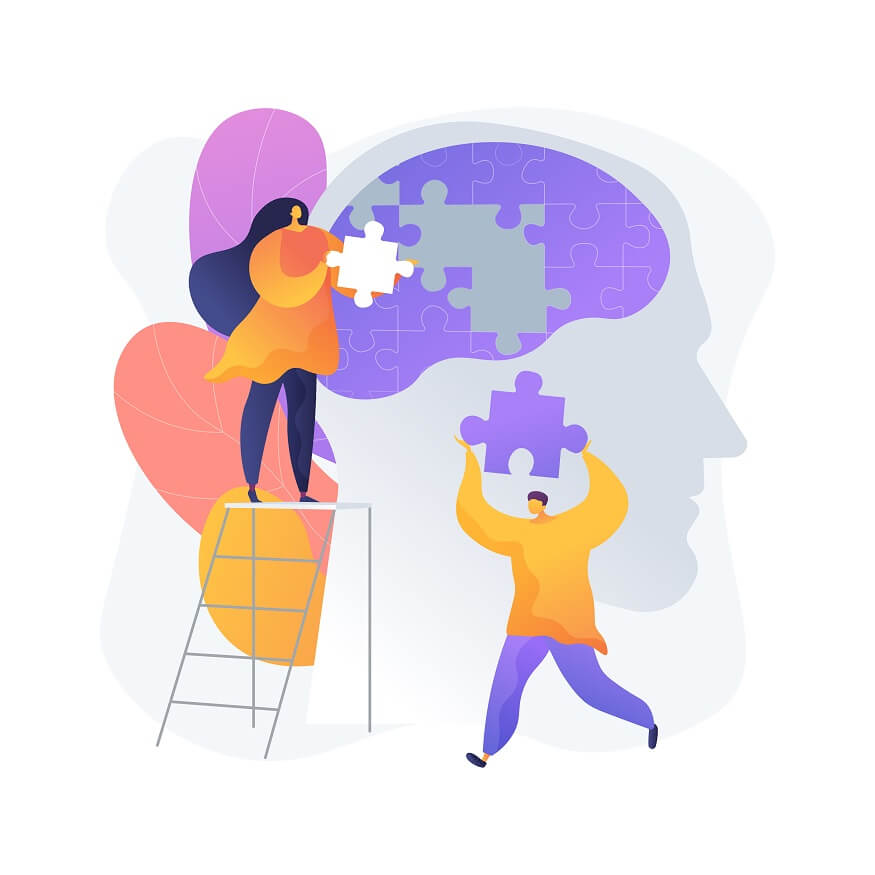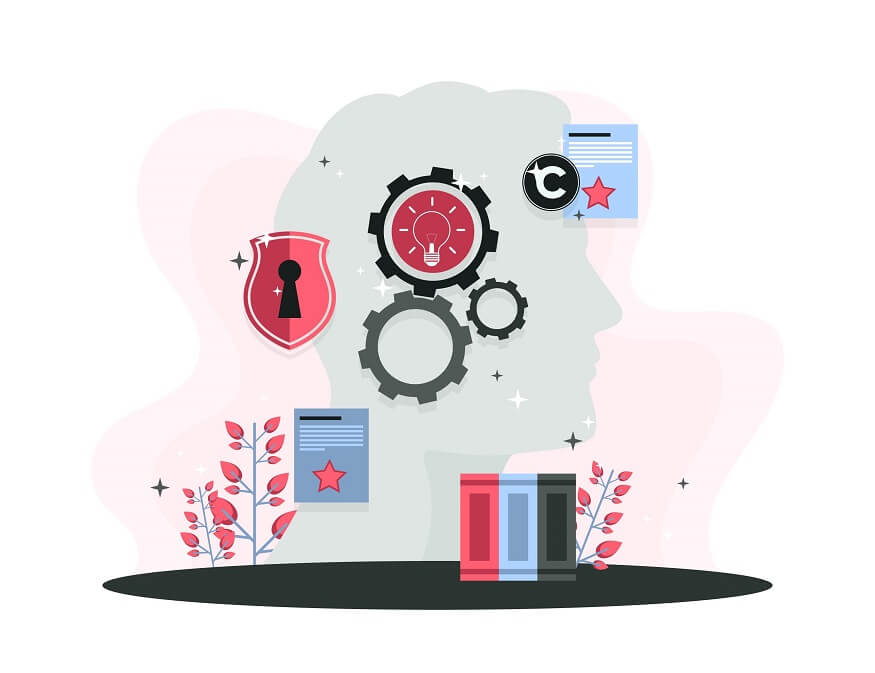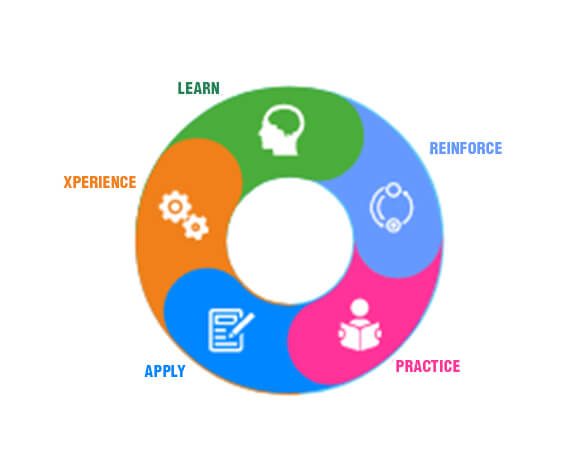Educational psychology is a branch of psychology that combines psychological principles with educational ideas to better understand how people learn and grow in educational environments. It focuses on enhancing teaching, learning, and educational processes via the use of psychological research and ideas.
Also Read: The Role of Ethics and Values Education in Schools
Advanced Educational Psychology:
Advanced educational psychology builds upon the foundational principles and knowledge of educational psychology. It delves deeper into specialised areas, advanced concepts, and research methodologies within the field. It involves exploring complex topics and conducting in-depth research to contribute to the advancement of educational psychology knowledge. Some common areas of specialisation are listed here.
- Cognitive Development:
- Learning Theories and Instructional Design:
- Motivation and Self-regulated Learning:
- Assessment and Evaluation:
- Special Education and Inclusion:
- Educational Technology and Digital Learning:
- Educational Policy and Reform:
Advanced educational psychology studies cognitive processes such as memory, attention, solving issues, and making choices. Researchers investigate how these mechanisms develop in children and adults, as well as how they affect educational achievement and learning.
Advanced psychology and education explore various learning theories, such as constructivism, socio-cultural perspectives, and information processing models. It delves into instructional design principles and methods to create effective and engaging learning experiences.
Advanced educational psychology focuses on understanding motivation and self-regulated learning strategies. It investigates the variables that impact students’ motivation, engagement, and dedication to learning, as well as treatments designed to improve motivation and regulation skills.
Advanced psychology and education delve into advanced assessment methods and techniques. Researchers develop and evaluate assessment tools, explore techniques for evaluating student learning, and analyse data to inform instructional decision-making and educational policy.
Advanced educational psychology addresses the needs of students with diverse learning abilities and special needs. It explores theories and practices related to inclusive education, individualised instruction, and the development of effective interventions for students with disabilities.
With the increasing integration of technology in education, advanced psychology and education examines the role of educational technology in teaching and learning. It explores how digital tools, online learning environments, and multimedia resources can enhance instruction and engage students.
Advanced educational psychology investigates the impact of educational policies and reforms on teaching, learning, and student outcomes. Researchers explore the effectiveness of educational interventions, analyse educational systems, and contribute to evidence-based policy recommendations.
Conducting research studies, publishing academic publications, presenting at conferences, and contributing to the advancement of ideas and practises in the area are all part of advanced educational psychology. Its goal is to improve research, inform educational practices, and solve the complex difficulties that educators encounter.
Also Read: Building Resilience and Coping Skills in Students
Importance of Educational psychology for students:
Here are some key reasons why educational psychology is important for children.
- Individualised Learning:
- Enhancing Teaching Practices:
- Motivation and Engagement:
- Special Education and Inclusion:
- Learning Assessment and Evaluation:
- Parent and Family Support:
- Research and Evidence-based Practices:
Educational psychology helps identify and address the unique learning needs and abilities of children. It gives educators knowledge about cognitive, social, emotional, and behavioural processes, allowing them to adapt instruction to individual strengths and problems. This promotes personalised and effective learning experiences.
By applying psychological principles and research findings, educational psychology informs and improves teaching practices. It offers evidence-based strategies for effective instruction, classroom management, and assessment techniques.
Understanding motivational factors is vital in promoting children’s engagement and active participation in learning. Educational psychology explores theories and strategies to enhance intrinsic motivation, promote a growth mindset, and foster a love for learning. It helps educators create engaging learning activities that inspire children to explore, inquire, and persist in their educational journey.
Educational psychology supports the inclusion of children with diverse learning needs. It helps identify and assess learning difficulties, disabilities, and developmental delays. Educational psychologists collaborate with educators and families to design appropriate interventions, individualised education plans (IEPs), and accommodations to ensure that all children receive equal opportunities for learning and development.
Learning in educational psychology contributes to the development of fair and effective assessment practices. It helps educators design assessments that measure a range of learning outcomes and provide meaningful feedback. This supports children’s growth, identifies areas of improvement, and guides instructional decision-making.
Educational psychology extends its benefits beyond the classroom by offering guidance and support to parents and families. It helps parents understand their child’s learning style, developmental milestones, and effective parenting strategies. This collaboration between educators, psychologists, and families creates a strong foundation for children’s holistic development.
Learning in Educational psychology promotes evidence-based practices by conducting research and analysing data on various aspects of education. This ensures that decisions about teaching methods, curriculum design, and educational policies are grounded in empirical evidence. It helps identify effective approaches to maximise children’s learning outcomes.
Also Read: Delayed Gratification: Meaning and Benefits in child psychology
Learning Activity for educational psychology:
- Experiential Learning:
- Cooperative Learning:
- Problem-Based Learning:
- Inquiry-Based Learning:
- Scaffolding:
- Reflective Writing:
- Multimedia Presentations:
- Classroom Discussions:
- Gamification:
This approach involves direct activities that encourage students to actively participate in the learning process. It could include experiments, simulations, field trips, or role-playing exercises.
In this activity, students work together in groups to achieve a common goal. They work together, share ideas. Group talks, projects, debates, and problem-solving exercises are examples of cooperative learning activities.
This approach presents students with real-world problems or challenges to solve. It promotes critical thinking, problem-solving skills, and the application of knowledge in practical situations. Students work individually or in groups to analyse problems, collect information, and find solutions.
In this activity, students are encouraged to ask questions, study subjects, and explore concepts independently. They actively seek knowledge, do research, and link disparate concepts. Curiosity, critical thinking, and a greater comprehension of the subject matter are all fostered via inquiry-based learning.
Scaffolding refers to giving students temporary help and direction as they acquire new concepts or abilities.
This activity encourages students to write down their ideas and feelings about their learning experiences. It helps students process information, make connections, and develop a deeper understanding of the content. Reflective writing can be in the form of journals, essays, or learning logs.
Using multimedia tools, such as videos, presentations, or interactive software, engages students through visual and auditory stimuli. Multimedia activities can enhance comprehension, capture attention, and facilitate information retention.
Open-ended discussions in the classroom promote active participation and critical thinking. Students share their perspectives, listen to others, analyse different viewpoints, and construct knowledge collectively. Classroom discussions encourage communication skills, empathy, and the ability to engage in respectful debate.
Gamification involves incorporating game elements, such as points, badges, or leaderboards, into the learning process. It creates a sense of challenge, competition, and achievement, making the learning experience more engaging and motivating.
Also Read: Learning Through Play: Theory, Activities and Examples
Conclusion:
At EuroSchool, we believe that educational psychology provides a structure for creating effective learning experiences that promote students’ educational and personal development. Educators may build open and dynamic classrooms by understanding individual diversity, based on evidence procedures, and including engaging activities. We can help students reach their full potential, develop a passion for lifelong learning, and prepare them for success in a rapidly evolving world by applying educational psychology concepts. Enroll your child at EuroSchool, where we focus on individual student behaviors and analyze specific teaching methods that will benefit students in the long run. Learn more about our school admission process.










